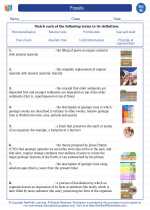Vertebrates
Vertebrates are a group of animals that possess a backbone or spinal column. They are part of the phylum Chordata and are characterized by their well-developed internal skeleton, which includes a vertebral column and a skull. Vertebrates are found in various habitats around the world and include familiar animals such as mammals, birds, reptiles, amphibians, and fish.
Classification of Vertebrates
Vertebrates can be classified into five main groups:
- Fish: This group includes jawless fish (e.g., lampreys), cartilaginous fish (e.g., sharks and rays), and bony fish (e.g., tuna, salmon).
- Amphibians: Examples of amphibians include frogs, toads, salamanders, and newts. They typically have a larval stage in water and an adult stage on land.
- Reptiles: Reptiles include turtles, crocodiles, snakes, lizards, and tuatara. They are characterized by their scaly skin and the ability to lay shelled eggs.
- Birds: Birds are known for their feathers, beaks, and the ability to fly. They include species such as eagles, owls, penguins, and sparrows.
- Mammals: Mammals are characterized by their ability to nurse their young with milk produced by mammary glands. This group includes humans, elephants, dolphins, and bats.
Key Features and Adaptations
Vertebrates exhibit a wide range of adaptations that allow them to thrive in diverse environments. These adaptations include:
- Endoskeleton: Vertebrates have an internal skeleton made of bone or cartilage, providing support and protection for their internal organs.
- Complex Nervous System: Vertebrates have a well-developed brain and spinal cord, allowing for complex behaviors and responses to stimuli.
- Respiratory Systems: Vertebrates have evolved various respiratory structures, such as lungs in mammals, gills in fish, and air sacs in birds, to facilitate gas exchange.
- Reproduction: Vertebrates exhibit diverse reproductive strategies, including internal fertilization, external fertilization, and live birth.
- Thermoregulation: Many vertebrates have evolved mechanisms to regulate their body temperature, such as fur and feathers in mammals and birds, and behavioral adaptations in reptiles and amphibians.
Importance of Vertebrates
Vertebrates play crucial roles in ecosystems and are often at the top of food chains. They contribute to nutrient cycling, seed dispersal, and pollination, and many species are economically and culturally important to humans. Understanding vertebrates and their adaptations is essential for conservation efforts and maintaining biodiversity.
Study Guide
To study vertebrates effectively, consider the following key points:
- Identify the major groups of vertebrates and their distinguishing characteristics.
- Understand the adaptations that allow vertebrates to survive in different environments.
- Explore the ecological roles of vertebrates and their importance in maintaining ecosystem balance.
- Learn about the conservation status of vertebrate species and the threats they face.
- Compare and contrast the reproductive, respiratory, and locomotor systems across vertebrate groups.
By mastering these concepts, you will develop a comprehensive understanding of vertebrates and their significance in the natural world.
[Vertebrates] Related Worksheets and Study Guides:
.◂Science Worksheets and Study Guides Eighth Grade. Fossils

 Activity Lesson
Activity Lesson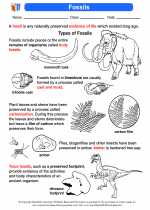
 Worksheet/Answer key
Worksheet/Answer key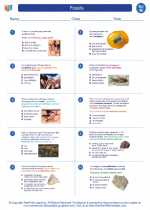
 Worksheet/Answer key
Worksheet/Answer key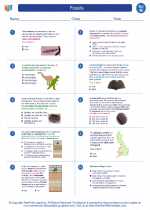
 Worksheet/Answer key
Worksheet/Answer key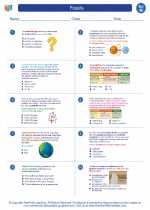
 Worksheet/Answer key
Worksheet/Answer key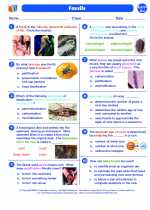
 Vocabulary/Answer key
Vocabulary/Answer key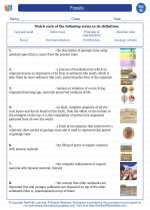
 Vocabulary/Answer key
Vocabulary/Answer key